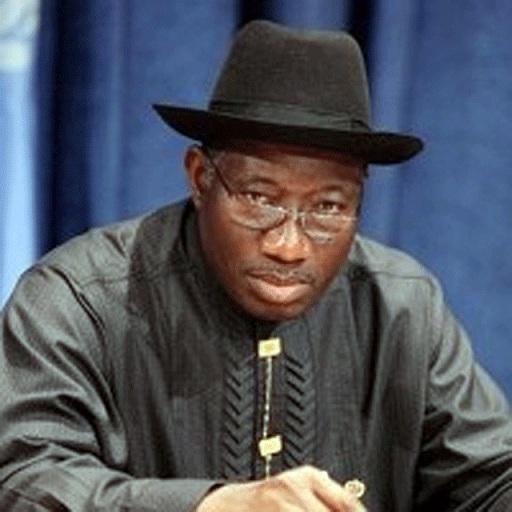The Presidency has come out to clear the air over the uncertainty of the whereabouts of the 2013 budget passed weeks ago by the National Assembly by saying that President Goodluck Jonathan had commenced studying the fiscal document.
This confirmation came from the Special Adviser to the President on National Assembly Matters, Senator Joy Emordi, when she replied an inquiry on when the bill would be signed into law by the president by saying, “As soon as he finishes studying the document.”
The budget bill of N4.9trillion had been passed by the National Assembly December last year after a proposal presented by the majority leaders of the House of Representatives and the Senate. However, its submission to the Presidency was delayed.
The bill was titled, “A Bill for an Act to authorise the issue from the Consolidated Revenue Fund of the Federation the total sum of N4.924 trillion of which N380bn is for statutory transfers, N591bn is for debt service, N2.412 trillion is for recurrent expenditure while the balance is for contribution to the Development Fund for Capital Expenditure for the year ending 31st December, 2013.”
The National Assembly has not given a clear explanation for the unusual delay in submitting the budget to the President for his assent. However, there are some speculations that the delay was to enable the legislators conclude work on the details of the document while other sources say it is due to disagreement between the Presidency and the legislature over some contentious aspects of the budget.
One area of contention is said to be the clause which was introduced into the fiscal document barring the Securities and Exchange Commission (SEC) from disbursing any funds notwithstanding the source from which the revenue accrued to the account. The House had also refused to appropriate any fund for the running of the agency in 2013.
The SEC clause was introduced by the House of Representatives following an earlier resolution by the National Assembly recommending the sack of the Director-General of the Commission, Ms Arunma Oteh on the grounds that she lacked the requisite qualification to head the agency.
This follows the war of words between Ms Oteh and the House of Representatives after she accused the Chairman of the House Committee on Capital Market, Hon. Herman Hembe of demanding bribes from her.
Her allegations led to Hon Hembe being suspended as the committee chairman pending the conclusion of investigations into the allegations.
It also caused the Economic and Financial Crimes Commission to wade into the issue as it invited Hembe for interrogation. It later charged the case to court.
Sources close to top lawmakers also confirmed that the benchmark of $79 per barrel of crude oil on which the budget is done is another contentious issue in the budget. The Executive had presented the budget based on a benchmark of $75 per barrel.

